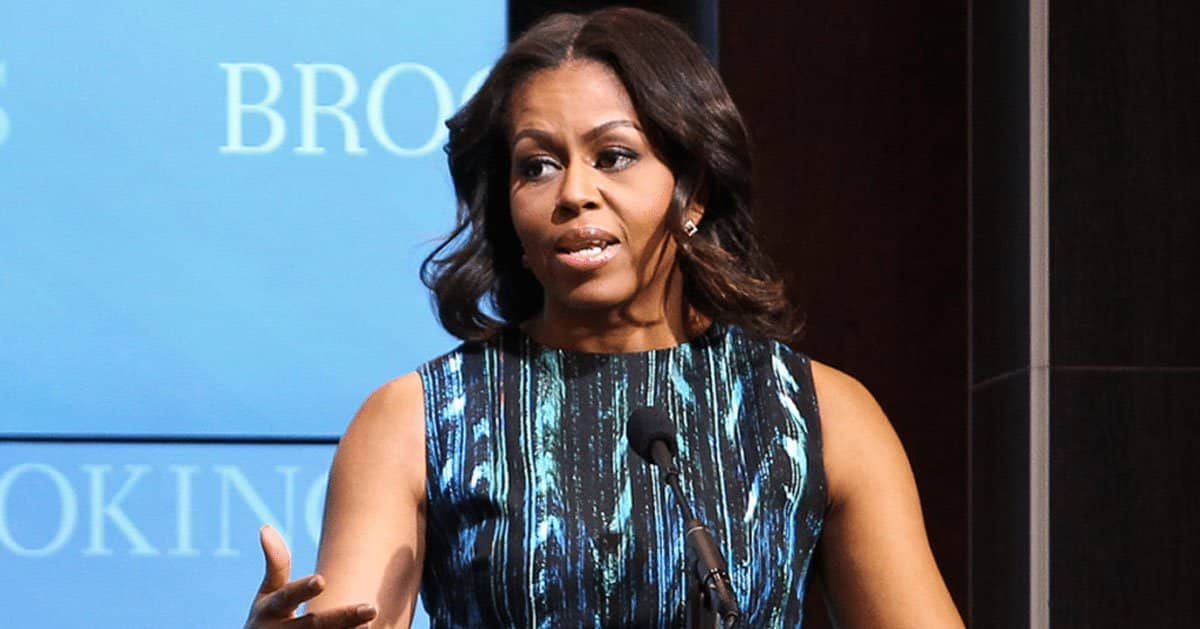







In a surprising policy shift, former President Donald Trump has signed an executive order to bring back plastic straws, reversing an initiative to phase them out in favor of paper alternatives.
The BBC reported that Trump's new directive halts the transition to paper straws, citing concerns about their durability compared to plastic straws.
The move undoes a measure by former President Joe Biden, who had described the issue of plastic pollution as a "crisis." During his presidency, Biden sought to curb the use of plastic in government operations.
In 2024, Biden issued a directive for the gradual transition away from purchasing plastic items such as straws, cutlery, and packaging for federal use. The goal was to eliminate single-use plastics from federal operations by the year 2035.
Trump's order not only stops government agencies from purchasing paper straws, it also seeks to diminish their presence nationally.
He has been vocal about his dissatisfaction with paper straws on numerous occasions. "We're going back to plastic straws," he declared to reporters, expressing a sentiment of frustration over what he perceives to be shortcomings of paper alternatives.
In further comments, Trump explained his reasoning: "These things don't work. I've had them many times, and on occasion, they break, they explode. If something's hot, they don't last very long, like a matter of minutes, sometimes a matter of seconds. It's a ridiculous situation."
Trump has shown an interest in plastic straws in the past. During his 2020 re-election campaign, he sold red, branded plastic straws, raising significant funds through their sales.
The global environmental impact of plastic is a concerning issue. According to the United Nations Environment Program, 460 million metric tonnes of plastic are produced each year. This has far-reaching effects on human health and marine ecosystems, complicating efforts to combat pollution.
In the United States alone, some statistics estimate the daily usage of disposable drinking straws at around 500 million. However, this figure is often disputed, with varying estimates from different sources.
Efforts to restrict plastic straw use have been underway at local and state levels for several years. Places like Seattle and the state of California have implemented rules limiting their use as part of wider environmental campaigns.
Despite the environmental appeal of paper straws, not everyone regards them as a flawless solution. Some studies have raised concerns over potential chemicals, such as PFAS, found in paper straws. These substances pose long-term environmental hazards and potential health risks.
With Trump's recent executive order, the future of single-use plastic regulation remains uncertain. His decision represents a significant policy departure from efforts aimed at reducing plastic consumption, casting doubt on the federal role in environmental stewardship.
Former President Biden's administration positioned the battle against plastic pollution as a critical environmental priority, labeling it a "crisis."
The implications of Trump's directive extend beyond the realm of straw preference and delve into broader environmental politics.
Advocates of environmental sustainability express concern that this change could stall progress on reducing single-use plastics.
Critics argue that the reversal undercuts efforts to address pollution and its impacts. However, supporters emphasize the practicality and comfort offered by plastic straws, pointing out the limitations of current paper alternatives.
The conversation about sustainable practices versus convenience is likely to continue as Trump's order prompts varying reactions from the public and environmental groups.
Future policy directions remain to be seen as stakeholders react to the shifting regulatory landscape. As the debate forges on, questions surrounding sustainable practices and innovative solutions in plastic alternatives are likely to dominate discussions.



